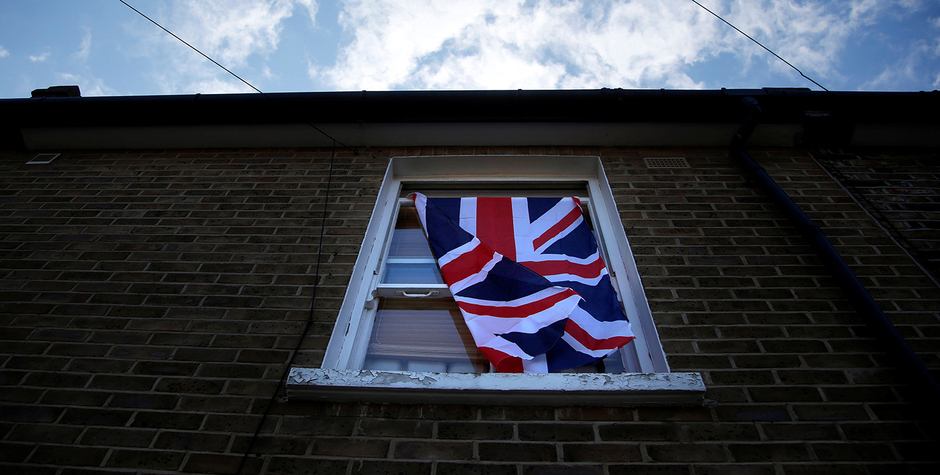Five Things You Need to Know About Brexit
In a historic vote, the people of the United Kingdom voted to leave the European Union (EU), sending ripples and shockwaves around the world.
These are five key takeaways of the Brexit bombshell, a vote that has huge implications for global geopolitics, in addition to U.S. politics and unelected bureaucrats here in our own country.
- This hugely unexpected vote by the British people represents nothing less than a rejection of the unelected bureaucrats in Brussels who are disconnected from the hopes and fears of average working class people throughout the EU. More than fifty-five percent of the laws in Britain originate with unelected officials in Brussels and this is compounded by decisions by unelected judges with no ties to Britain. British voters rejected the EU bureaucracy, which has been captured by the investment bankers, cartels and multinational corporations, wealthy entities that have control of the economy, all at the expense of disadvantaged working class people who have little reason to be optimistic about their future. Facing stagnant wages and diminishing prospects, these workers find little comfort in the status quo. Similarly, American workers are disaffected and prepared to disrupt the power and influence of Washington D. C. bureaucrats who have been captured by the wealthy as well.
- The vote represents a rejection of globalism and a rebirth of nationalism as the Brits have decided to put Britain first, disrupting the status quo. Put differently it represents a rejection by voters of unlimited immigration. Instead Britain voted in favor of controlling its own borders as well as its own anti-terror policies in the wake of the growing threat posed by jihadists who have carried out numerous deadly attacks on European soil. The difficulty of properly vetting refugees flooding into Europe only compounds this issue. The people of Britain made a statement that was loud and clear – we want to control our own borders and our own immigration laws. They no longer trust the bureaucrats and leaders of other nations to make these decisions for them.
- The voters rejected the warnings of the intellectual elites who have profited from the existing system while remaining massively disconnected from the middle class that has seen their income shrink. At the same time, the incomes of the wealthy individuals have grown, a shift accompanied by a surge in immigration. Given the consistent decline in the incomes of middle class voters over the past 20 years, and given the divide between elites that are protected from economic dislocation and lower income individuals who are at risk, it is no surprise that voters have rejected global trade, globalism, and open borders in favor of controlling their own future.
- Brexit is a stark rejection of the economic elites who bet heavily against exit and in favor of the continuation of business as usual. Instead the Brits voted for independence, self-determination, and sovereignty. They voted to return power to the people. They also voted for a future in which the power of unelected elites is diminished and the power of everyday individuals is enhanced. The only areas of Britain that voted to remain in the EU were London, which has a disproportionate share of wealth and power, and Scotland. Virtually every other area of Great Britain, including Wales, said enough is enough. This rejection of the economic elites has implications for American voters who appear increasingly wary of the disproportionate influence of investment bankers and others who contribute to political campaigns in exchange for access and power. American voters on both the right and the left are justifiably wary of politicians who sell access in exchange for campaign contributions.
- Lastly, this vote is a rejection of President Obama’s ham-handed intervention in British politics. The President has said that if the Brits voted to leave, notwithstanding the fact that American history has been intertwined with Britain for some time, they would have to go the end of the line in terms of future trade deals with the United States. The British people found their own voice and have declared their independence from the President’s unwise intervention. If only he had learned from former British Prime Minister Winston Churchill’s classic remark, “[U]nsuccessful intervention in the affairs of another country is generally agreed to be a mistake.”
